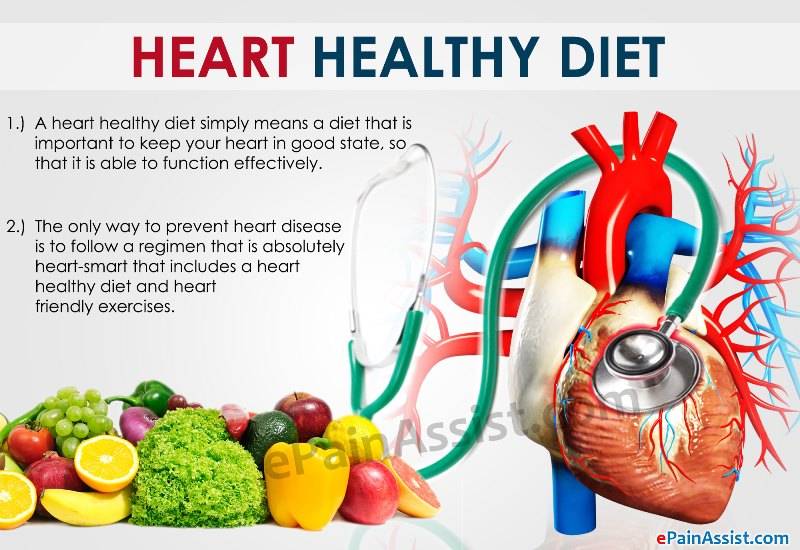Unveiling the Truth: The Low-Carb, High-Saturated Fat Diet Debate
The debate over dietary recommendations for heart health continues to spark controversy. While advocates of low-fat diets assert that a low-carb, high-saturated-fat diet is detrimental to heart health, a recent clinical trial led by a seasoned doctor and researcher in heart and metabolic health has shed light on some surprising findings.
In this groundbreaking trial, participants were divided into three groups and assigned specific diets to follow for a period of 20 weeks. Each of the diets contained 20% protein, but the varying percentages of carbohydrates and fats set them apart.
The diets were as follows:
Low-carb: 20% carbohydrate, 21% fat
Moderate-carb: 40% carbohydrate, 14% fat
High-carb: 60% carbohydrate, 7% fat
Importantly, study participants received fully prepared, customised meals, leaving no room for uncertainty about their adherence to the assigned macronutrient ratios.
The remarkable results that emerged after the 20-week trial were truly eye-opening.
"A low-carbohydrate diet, high in saturated fat, improved insulin-resistant dyslipoproteinemia and lipoprotein (a), without adverse effects on LDL cholesterol. Carbohydrate restriction might lower CVD (cardiovascular disease) risk independently of body weight, a possibility that warrants study in major multi-centred trials powered on hard outcomes."
In simpler terms, the researchers found that individuals following the low-carb, high-saturated-fat diet experienced significant improvements in triglycerides, adiponectin (a fat-derived hormone linked to insulin resistance, diabetes, and atherosclerosis protection), blood pressure, and lipoprotein (a) compared to those on the moderate or high-carb diets.
Lipoprotein (a) is a protein responsible for transporting cholesterol in the blood and can contribute to the formation of plaques on blood vessel walls, leading to artery narrowing and blockage. Surprisingly, the high saturated fat intake did not negatively impact cholesterol or cardiovascular markers.
These findings challenge the long-standing beliefs we've held for years. It begs the question of whether saturated fat truly deserves its vilified status. Perhaps the answer lies in the quality of the food and the source of the fat. Saturated fat may not be the hazardous substance it has been portrayed as being. Instead, its impact on individuals could be influenced by their unique metabolic makeup and how their bodies respond to saturated fat.
As we unravel the truth behind low-carb, high-saturated-fat diets, it is essential to consider personalised approaches to nutrition and delve deeper into understanding the intricacies of each individual's health. A one-size-fits-all approach to dietary recommendations may not be the most effective, and tailoring nutrition to suit individual needs and metabolic responses could hold the key to promoting heart health.
So, how do you feel about exploring the potential benefits of a low-carb, high-saturated-fat diet? As we continue to learn more about the intricacies of human physiology and nutrition, it is crucial to approach dietary choices with an open mind and embrace the ever-evolving landscape of health research.
Embracing the Paradigm Shift: Redefining Saturated Fat's Role in Heart Health
The current scientific trial's paradigm shift calls into question our comprehension of the effect of saturated fat on heart health. Saturated fat has long been stigmatised as the diet's villain, connected to heart disease, and shunned in favour of low-fat substitutes. However, the results of the study suggest that a diet high in saturated fat and low in carbohydrates may have unexpected advantages for heart health.
It is important to recognise that not all saturated fats are created equal.
While some sources of saturated fat, such as processed and fried foods, may indeed be detrimental to health, others, such as those found in natural sources like coconut oil, avocados, and grass-fed butter, offer potential health advantages. The quality of the food we consume plays a significant role in how our bodies respond to different nutrients.
Furthermore, individual responses to dietary components can vary significantly. Metabolic makeup, genetics, and lifestyle factors can all influence how our bodies process and utilise nutrients, including fats. This emphasises the importance of personalised nutrition and individualised dietary recommendations.
The notion that carbohydrate restriction might lower cardiovascular disease risk independently of body weight is particularly intriguing. It suggests that the impact of different macronutrients on heart health goes beyond just the number on the scale. Focusing solely on fat content or carb intake may oversimplify the complex interplay between various nutrients and their effects on cardiovascular health.
As we delve deeper into the world of nutrition science, it is crucial to remain open-minded and receptive to new research findings. The landscape of nutritional recommendations is continually evolving as we gain a better understanding of the human body and its intricacies. While the low-carb, high-saturated-fat diet might challenge conventional wisdom, it also presents an exciting opportunity to reevaluate our dietary choices and embrace a more personalised approach to nutrition.
Before making any significant changes to your diet, it is advisable to consult with a healthcare professional or registered dietitian. They can provide personalised guidance based on your individual health needs, preferences, and goals. Embracing a balanced and diverse diet rich in whole foods and nutrients remains a cornerstone of promoting overall well-being.
In conclusion, the recent clinical trial's findings offer a fresh perspective on the relationship between low-carb, high-saturated-fat diets and heart health. It urges us to move away from blanket dietary recommendations and embrace personalised nutrition. As we continue to explore the intricate connection between diet and health, let us remain curious and open to new possibilities that could redefine the way we approach heart health and well-being.



No comments yet
Be the first to share your thoughts!